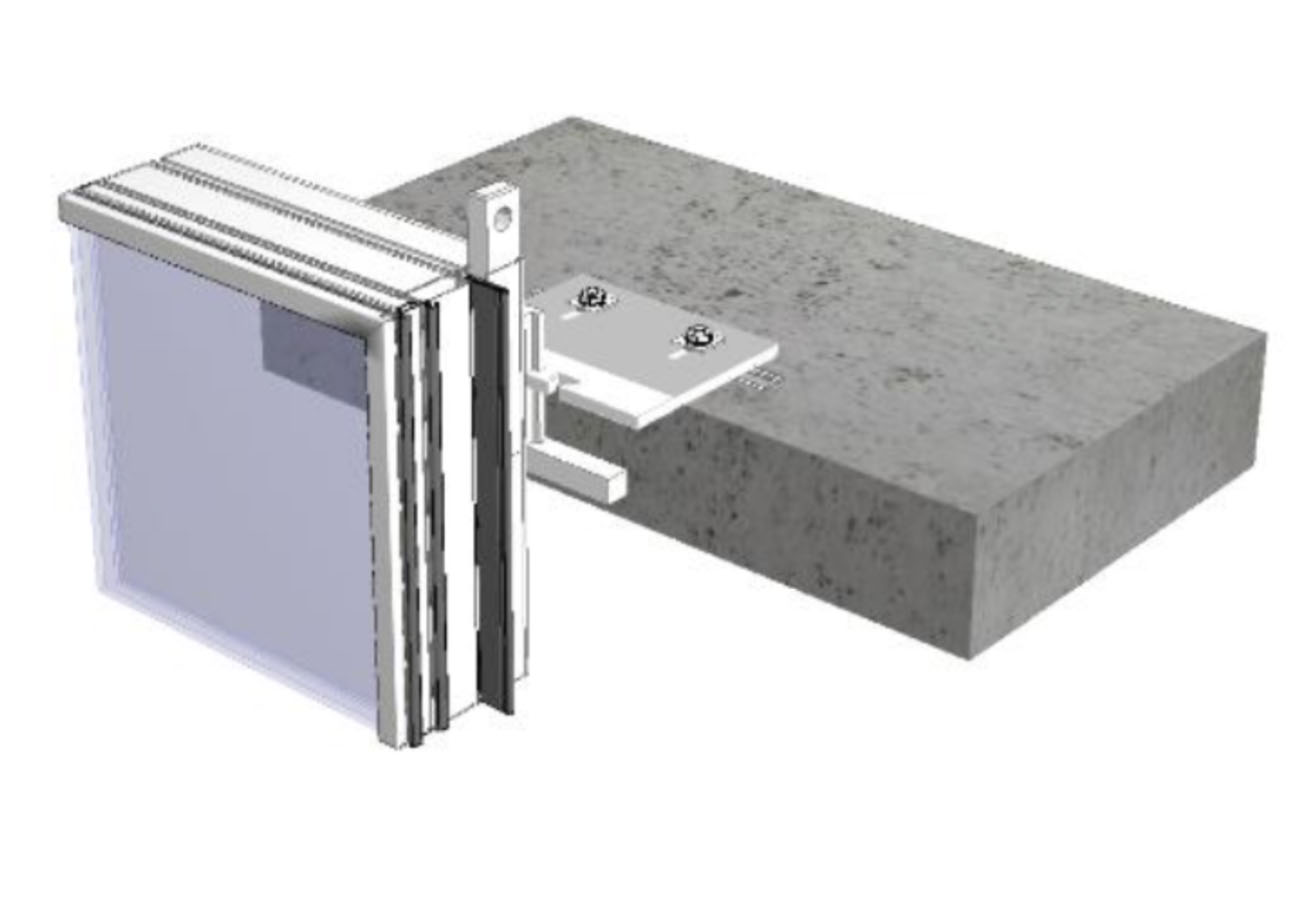Abstract
The use of Structural silicone glazing (SSG) systems in large commercial glazed facades is well established in current practice, mainly due to the architectural aspiration of having a continuous smooth glass surface across the building elevation. Enhanced thermal and security (blast) performance are typically listed as an advantage for this particular type of systems. SSG façade systems are structurally complex due to the fact that multiple load-paths can be identified within the system. It is accepted as good practice to detail façade panels so that the dead load of the glass is not carried through the structural silicone. But can this be achieved in reality? The aim of this paper is to identify and discuss challenges with the assumption that the SSG is isolated from the glass self weight and provide a better understanding on the complexity of SSG systems. The influence of stress/strain and creep due to the long-term load on the system capacity will be investigated. Some degree of long term loads are usually present due to detailing and real system behaviour. Real project examples will be used to identify opportunities for improvement and findings will be summarised at the end of the paper.
Published
Issue
Section
Joints, Fixings & Adhesives
Keywords:
Structural silicone glazing, Unitized curtain wall, Permanent stresses, creepLicense
Copyright (c) 2020 Jordi Alcaine, Peter Lenk, Ed Forwood

This work is licensed under a Creative Commons Attribution 4.0 International License.




